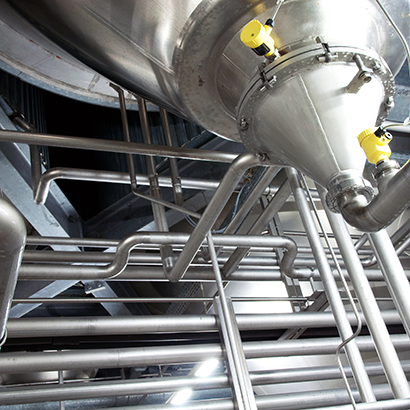
General Manufacturing
Service to manufacturing companies has long been one of the bedrock foundations of our law firm. Today, with decades of experience under our belt, we understand the numerous legal, regulatory, operational, and financial issues that manufacturing companies face. As the industry undergoes a monumental transformation, we are uniquely positioned to assist clients in addressing significant shifts in their operations and serve as their “industry” law firm.
We are well-versed in key trends confronting our clients in the industry. There are the advanced technologies such as artificial intelligence, robotics, and blockchain having a dramatic effect on manufacturers’ R&D, supply chain management, production, and sales. One overarching trend, the Internet of Things, allows manufacturers to manage the maintenance of machines in a predictive and prescriptive way. Integrated and networked sensors and intelligent devices can predict and detect issues and prescribe improvements in one device or an entire plant.
Manufacturer and supplier integration is another evolving issue we help manufacturers address. We work with them to think through the desired objectives, long-term effect, and inherent risks of integration. We also navigate them through the complex web of global supply chain risks to realize the rewards of proactive engagement in modern ethical supply chain practice.
Yet another movement in the industry is renewable energy. Manufacturers are pivoting away from fossil fuels, and versatility of methods like biomass, solar thermal systems, and electrification make them top replacement options.
From day-to-day business issues to innovative advances in your operations, our lawyers can provide a wide range of services to meet your needs.
Thought Leadership
Significant recent developments will affect reporting requirements under California’s climate reporting statutes, SB 253 and SB 261
This edition of The Essentials coincides with the close of California’s 2025 legislative session and summarizes the most significant employment-related bills enacted this year. We have highlighted key provisions of the new laws taking effect in 2026 and one related to the use of artificial intelligence that took effect in October 2025.
The One Big Beautiful Bill Act makes major changes to the Internal Revenue Code’s clean energy tax provisions, particularly to the provisions that were extended, expanded, and established as part of the 2022 Inflation Reduction Act.
Congress created a new framework around payment stablecoins but has done more than regulate a digital asset class—it has quietly set in motion a potential transformation of the regulation of core payment systems.

